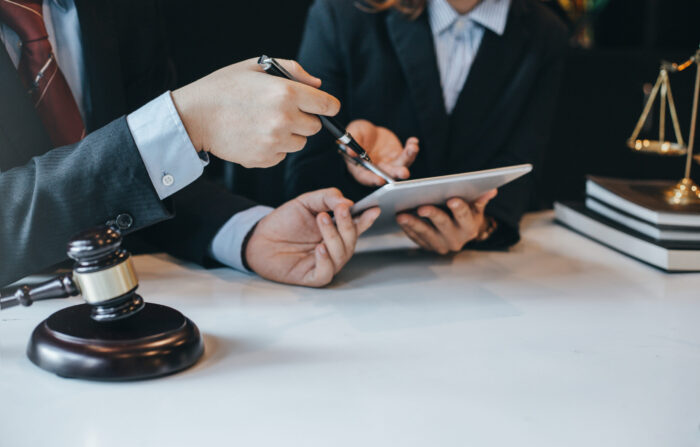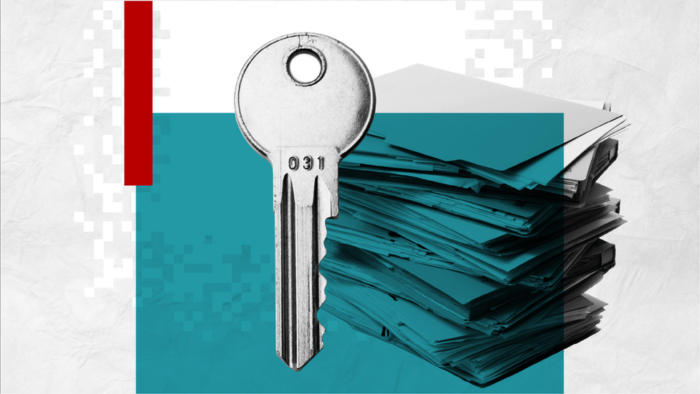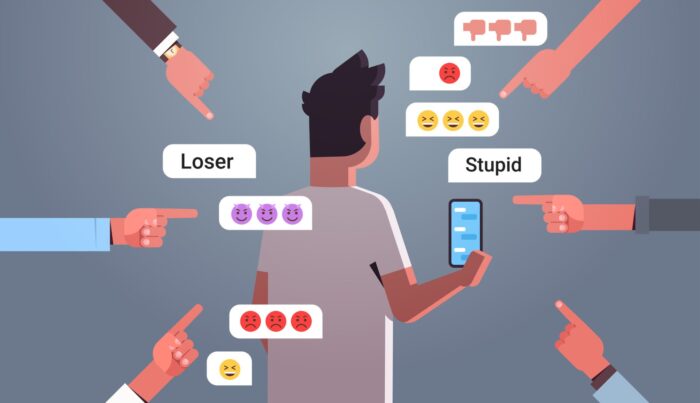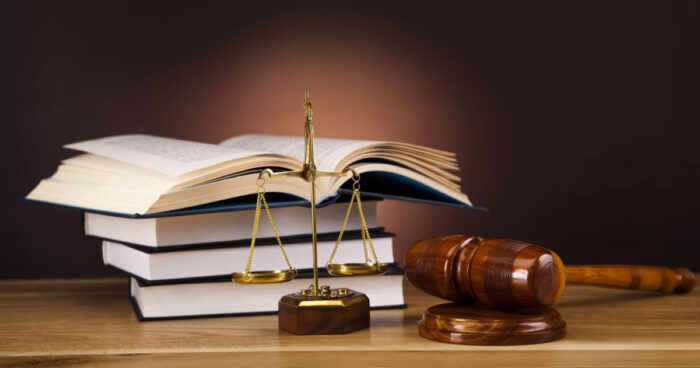
When most of us use social media, we only think of it as a way to check in on our friends, co-workers, family, and acquaintances. Others rely on it for entertainment – to kill the odd hour or two scrolling through the news or watching personal videos. Even so, studies suggest that lingering too long on these platforms can have detrimental effects on our mental and physical health, leading to isolation, depression, anxiety, insomnia, suicide – the list goes on.
That being so, who should be held accountable when social media use results in mental health issues? You guessed it – the social media companies. Thus, you can file a lawsuit against such firms or individuals whose actions online have harmed you. To that end, a social media addiction lawyer can help you build a strong case against them.

What Does Such A Lawsuit Entail?
For starters, you need to prove that the social media company was aware of the potential harm that their platform might cause and yet failed to take action. To strengthen your case, you should also provide evidence of how your mental health declined due to excessive use of the platform in question.
Moreover, a lawyer can advise you on the appropriate action. For instance, they can evaluate your case and help you determine whether to file a lawsuit. They can also help you understand your legal rights in such situations. A lawsuit can only proceed after your attorney determines the charges you should file and whether you can seek compensation for medical costs incurred due to the mental issue.
You see, the same features that keep us hooked on these platforms in the first place – notifications, comments – you name it, are the same ones that can cause long-term damage to our health. And as the firms rake in billions of dollars in profits, we’re the ones who end up suffering. Hence, it’s only fair that we hold them accountable for their actions or inaction.

The Writing is On the Wall
Leaked documents and international investigative reports show that social media firms know that some of their content is causing more harm than good. And what do they do about it? Well, they sweep everything under the rug and continue to profit from it.
Some hide under the veil of freedom of expression. In contrast, others go to great lengths to ensure their platforms are as addictive as possible. Still, some claim Section 230 of the Communications Decency Act gives them immunity from liability as the content on their platforms is user generated. While they can hide under this umbrella, they know the situation isn’t as rosy as they would have us believe.
Growing pushback – by attorneys and Congress – could mean the time has come for social media companies to take responsibility when their platforms cause harm. And while we need to prepare for a long and bruising legal battle, we can take comfort in the fact that our voices won’t go unheard. With that in mind, let’s consider scenarios or situations whereby the courts might hold these firms or individuals using these platforms accountable:
1. Letting Minors Use Their Platforms
It is an open secret that social media firms are aware of the potential harm their platforms can cause. Yet, they do little to prevent it or to protect vulnerable users.
In this case, minors using these platforms are particularly exposed to risks due to their lack of maturity and understanding of the potential dangers. Most lawsuits based on this premise argue that these platforms are not doing their bit to safeguard our children from accessing sensitive material or interacting with people who may have ulterior motives.

2. Purposefully Causing Psychological Harm
Picture this; you’re innocently browsing Instagram photos and comment sections of a celebrity’s post. You post an image captioned with a cute comment that attracts some attention. Suddenly you’re bombarded with hateful trolls making fun of your appearance, lifestyle, etc. Sound familiar?
This kind of psychological abuse is far too common on social media platforms. Hence, some victims are suing these companies for allowing such behavior to go unchecked.
Likewise, you can go after the individual(s) responsible for the abuse or harassment. However, if you take this route, remember that suing a person or company for intentional infliction of emotional distress is a legal minefield requiring attention to detail and understanding various laws.
You also need to show the severity of the harm caused. Thus, medical records, therapy bills, and so on may suffice to back up your case.
3. Failure to Censor Content
Social media platforms are responsible for curbing the spread of potentially harmful content such as fake news, hate speech, graphic images, cyberbullying – the list goes on. Unfortunately, their lack of censorship sometimes allows users to post content that may be dangerous or offensive.
Sometimes, such content can trigger mental health problems in some individuals or incite violence. For instance, a case of viewing graphic images can lead to post-traumatic stress disorder (PTSD). Similarly, if cyberbullying on such a platform goes unchecked, it could lead to depression and even suicide. Reports suggest this has been the case in one too many instances.

3. Slander
Innocent parties can fall victim to false claims or misinformation on social media, which can cause lasting damage in the form of reputational harm. If you’ve faced defamation on social media and your reputation has taken a hit, you may have a case for libel or slander.
Generally, you must prove the other party made false or malicious statements about you publicly and offer proof of the material or mental damage you suffered. You may also sue the platform if they fail to address the defamatory content following your complaint.
Seek Legal Help – If Necessary
Social media companies and the individuals using their platforms can be held liable for mental health issues emanating from their negligence or purposeful abuse. The aforementioned situations give a brief glimpse of the matters you can pursue in court.
That said, the outcome of such cases largely depends on the court’s discretion. If you feel your psychological well-being is at risk due to social media use, consider the potential legal action you can pursue.

Let’s be mindful of our online presence on such platforms, as it may have far-reaching consequences. Parents should also actively monitor and advise their children of the potential risks. And if you feel you need to take legal action against someone or a social media company, talk to a lawyer to help you determine the way forward.
















